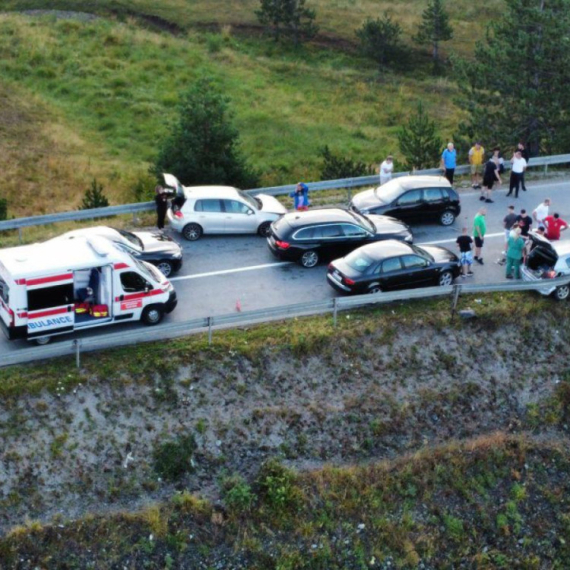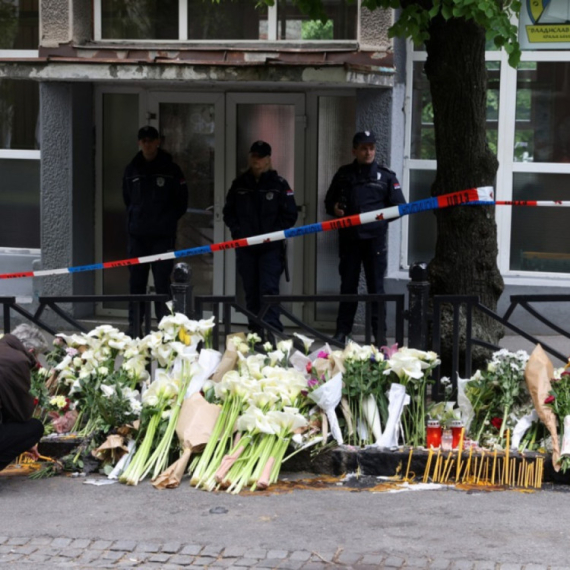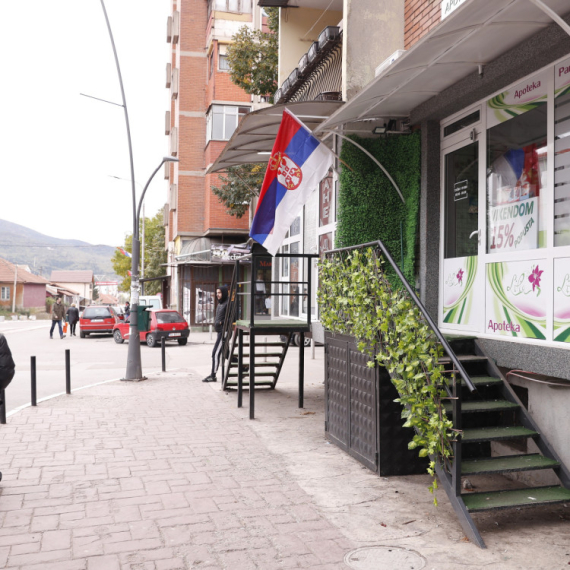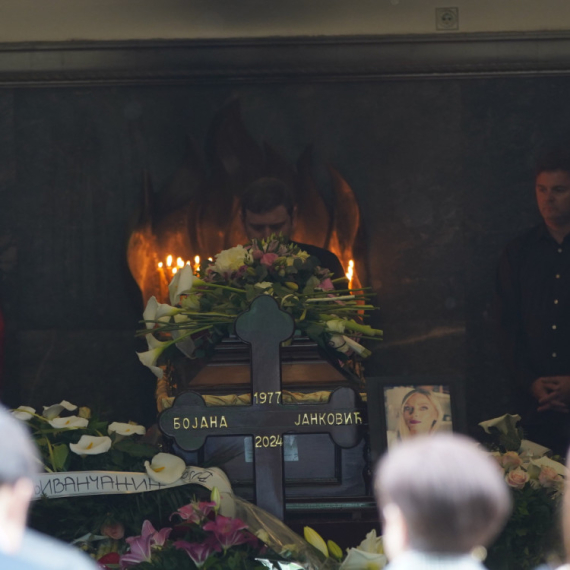Roma education, health-care improves
The situation related to education and health-care for Roma (Gypsies) in Serbia has significantly improved.
Thursday, 23.09.2010.
16:46

The situation related to education and health-care for Roma (Gypsies) in Serbia has significantly improved. However, it is still far from matching the position of Roma to other citizens, it was concluded at the final conference on the implementation of a training program for pedagogical assistants and health-care mediators at the local level on Thursday. Roma education, health-care improves The program, dubbed "A coordinated approach to Roma inclusion at the municipal level - Pedagogical assistants and health mediators", is being implemented with the support of the European Union and the OSCE, and its closing conference in Belgrade was attended by a total 180 assistants and 60 mediators who completed the course, as well as a number of Serbian ministers and international community representatives. Education is the most effective means in fighting poverty and the program's approach ensures that Serbia's educational system is on the way to become part of the European education system, thus fulfilling one of the essential conditions for Serbia's equal participation in the European community of nations, Education Minister Zarko Obradovic pointed out, and called on all Roma youth to take part in education. Head of the Delegation of the European Union to Serbia Vincent Degert recalled that the Union has already allocated EUR 50 million to support the Serbian government's efforts in implementing assistance programs for education, social and health-care inclusion, providing help to internally displaced persons and refugees and for employment programs. Head of the OSCE Mission to Serbia Dimitrios Kypreos specifically pointed out that Serbia's state institutions have made significant progress in the implementation of strategies and action plans related to the inclusion of Roma, with a warning that many challenges should still be expected on the way. Minister of Human and Minority Rights Svetozar Ciplic stressed the importance of coordination between his ministry and the Education and Health Ministries, since education and health-care represent two of the four priority areas for implementation of the program dubbed 'Decade of Roma Inclusion'. Health Minister Tomica Milosavljevic recalled that a project entitled "Health Mediators", aimed at improving the health-care for Roma, especially women and children, was launched in cooperation with the OSCE in May 2008. The gathering in Belgrade today (Beta)
Roma education, health-care improves
The program, dubbed "A coordinated approach to Roma inclusion at the municipal level - Pedagogical assistants and health mediators", is being implemented with the support of the European Union and the OSCE, and its closing conference in Belgrade was attended by a total 180 assistants and 60 mediators who completed the course, as well as a number of Serbian ministers and international community representatives.Education is the most effective means in fighting poverty and the program's approach ensures that Serbia's educational system is on the way to become part of the European education system, thus fulfilling one of the essential conditions for Serbia's equal participation in the European community of nations, Education Minister Žarko Obradović pointed out, and called on all Roma youth to take part in education.
Head of the Delegation of the European Union to Serbia Vincent Degert recalled that the Union has already allocated EUR 50 million to support the Serbian government's efforts in implementing assistance programs for education, social and health-care inclusion, providing help to internally displaced persons and refugees and for employment programs.
Head of the OSCE Mission to Serbia Dimitrios Kypreos specifically pointed out that Serbia's state institutions have made significant progress in the implementation of strategies and action plans related to the inclusion of Roma, with a warning that many challenges should still be expected on the way.
Minister of Human and Minority Rights Svetozar Čiplić stressed the importance of coordination between his ministry and the Education and Health Ministries, since education and health-care represent two of the four priority areas for implementation of the program dubbed 'Decade of Roma Inclusion'.
Health Minister Tomica Milosavljević recalled that a project entitled "Health Mediators", aimed at improving the health-care for Roma, especially women and children, was launched in cooperation with the OSCE in May 2008.



























































Komentari 0